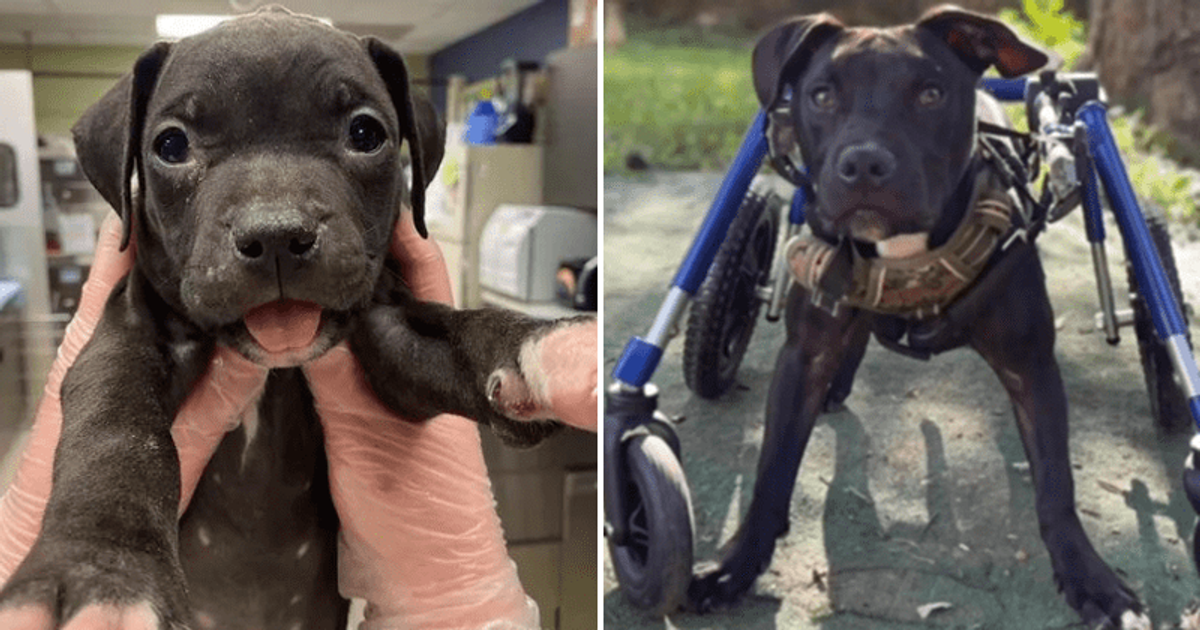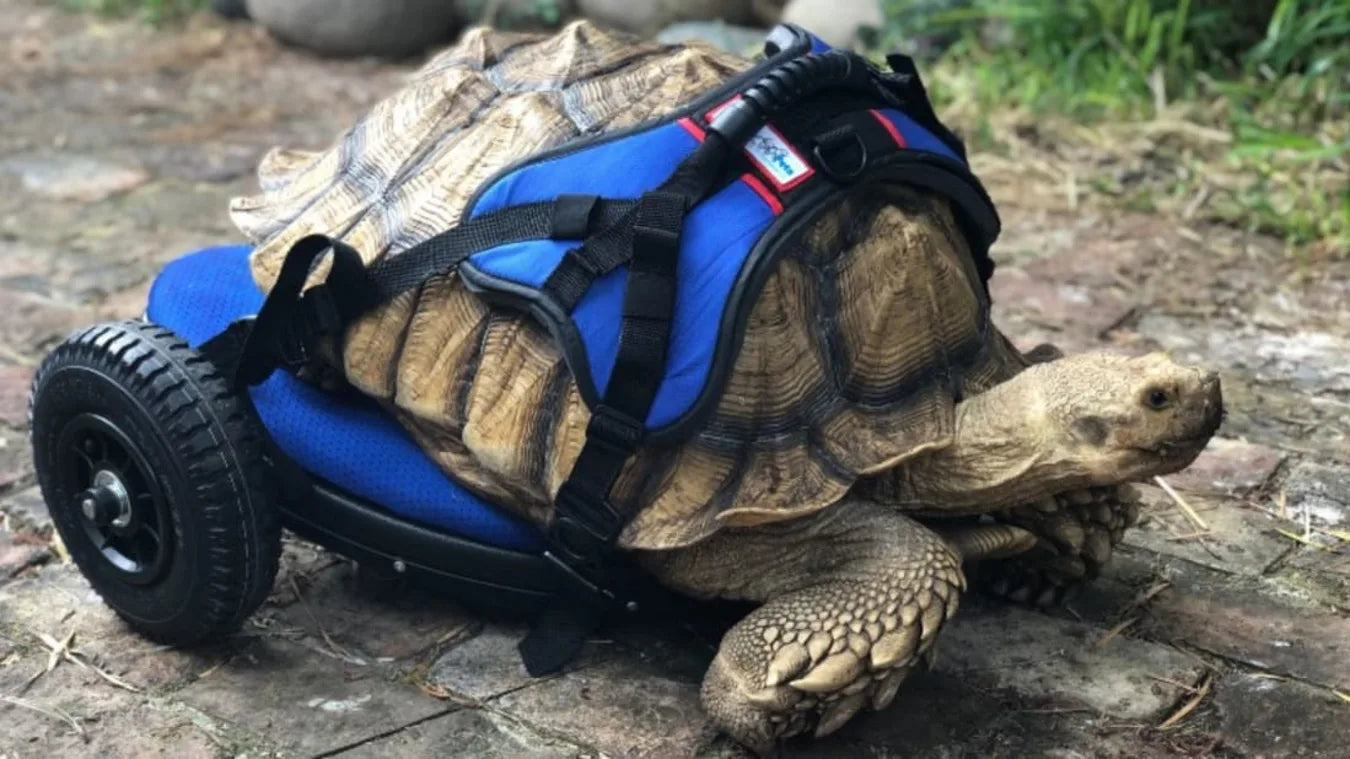Sit Down Dog Wheelchairs

6 Ways to Minimize a Puppy's Bad Chewing Habit
Puppies are such a cute addition to the household. However, they can develop a bad habit of chewing and gnawing at almost everything in your home. The chewing can even extend to chewing at your pants and shoes that you are wearing, as well as at guests or toddlers who may become alarmed and confused. Luckily, there are ways that you can curb the bad habit – here are some pointers:
1. Offer Distractions

When you notice your puppy chewing at any nearby object, you can distract them with letting them chew at acceptable objects. You can distract your dog by offering a bully stick, for example. Bully sticks are chewable and tasty, meaning your puppy may appreciate the long session of chewing at an appealing object. This natural-based treat means your puppy won’t be at risk of any health conditions that may be caused by artificial products included in some treats.
One of the concerns about using treats to distract negative behavior in puppies is that of over-eating and obesity. Bully sticks don’t contribute to this concerning issue as it is a treat that doesn’t contain harmful fat that leads to such health conditions. Eventually, your puppy will learn that treats are acceptable objects to chew on instead of your great pair of sneakers in your closet.
2. Rule Out Medical Issues
Constant gnawing and chewing at random objects may be a sign of an underlying health issue. For example, your dog may be experiencing gum irritation or mouth sores. Chewing at objects is a way of seeking comfort. Another issue that can lead to bad chewing habits include separation anxiety. If you notice that most of the biting occurs when you are not around, your puppy may be having a hard time spending time away from you. You can help your puppy by creating a safe space where you provide fuzzy toys and blankets that can comfort your puppy. Make sure to visit the vet if you think that there may be other underlying factors behind the chewing.
3. Puppy-Proof the House
Puppy-proofing the house entails taking notice of the spaces that your puppy enjoys gnawing at and closing these off as much as possible. For example, if your puppy enjoys playing in your closet and chewing at your clothes and shoes, you may have to make sure that they can’t access the closet. This may mean locking the closet doors or locking the door to the particular room your puppy takes stolen goods to.
4. Create Playtime

Gnawing away at objects may be a means of your dog communicating with you. Your dog may be bored and require your attention.
You may have to create play during these times, and find ways to mentally stimulate your dog. For example, you can take a walk, play fetch, or just make a change in the environment. These can help distract your puppy from chewing at objects in the household.
Exercise and activity are beneficial for all dogs, not only will this keep the busy and relieve boredom, it will tire them out making them less apt to become destructive.
5. Soothe Teething
If you notice your puppy suddenly chewing at objects, you can check their mouth and see if teething is the cause of the problem. If your dog is experiencing teething, you can soothe this issue by offering a frozen object to chew on, much like you would with a human baby. This can be in the form of a frozen toy or a chewable snack. This can facilitate the cooling of the gums and soothe irritation.
6. Don’t Chase After Your Puppy
You may be tempted to run after your puppy after they grab your favourite shoe. Although you intend to save your shoe from getting destroyed, the message you send to your puppy is that this is a game that you also enjoy to play. This only encourages your puppy to grab your shoe whenever they fee; like it’s time to be chased. Rather, call your puppy towards you and offer a treat to replace the shoe.
Conclusion
Your beautiful puppy can cause havoc by chewing on almost any object that is chewable. This destroys your property and may also create a tense environment with guests and children. You can try different ways to curb this bad habit by distracting them with treats such as bully sticks, visit the vet to rule out medical issues, puppy-proof the house, create playtime, soothe teething if there is any, and resist chasing after your dog.
Keep in mind to study your puppy’s behavior to determine patterns, triggers and cues that lead to bad chewing habits. Understanding this behavior will help you tackle the issue in the most effective way.










